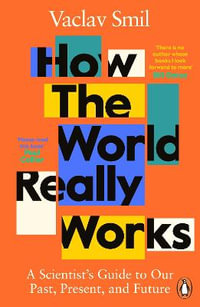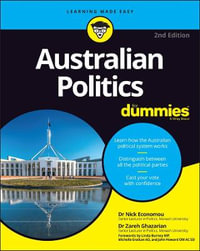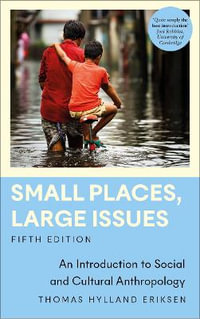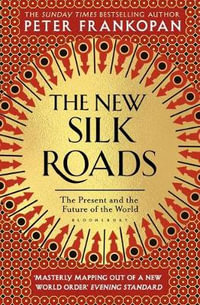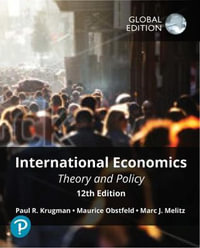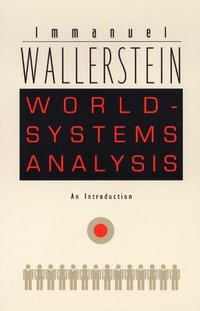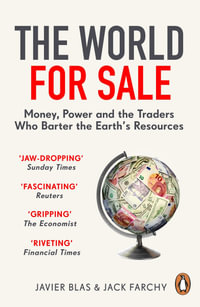Economic, social, and cultural rights are finally coming of age. This book brings together all essential documents, materials, and case law relating to the International Covenant on Economic, Social and Cultural Rights (ICESCR) - one of the most important human rights instruments in international law - and its Optional Protocol. This book presents extracts from primary materials alongside critical commentary and analysis, placing the documents in their wider context
and situating economic, social, and cultural rights within the broader human rights framework. There is increasing interest internationally, regionally, and in domestic legal
systems in the protection of economic, social, and cultural rights. The Optional Protocol of 2008 allows for individual communications to be made to the UN Committee on Economic, Social and Cultural Rights after its entry into force in 2013. At the regional level, socio-economic rights are well embedded in human rights systems in Europe, Africa and the Americas. At the national level, constitutions and courts have increasingly regarded socio-economic rights as justiciable, narrowing the
traditional divide with civil and political rights. This book contextualises these developments in the context of the ICESCR. It provides detailed analysis of the ICESCR structured
around its articles, drawing on national as well as international case law and materials, and containing all of the key primary materials in its extensive appendices. New in paperback, this book is an indispensable resource for students of international human rights law.
Industry Reviews
`A very useful, up-to-date, and well-researched source of information, providing detailed reasoning from a broad variety of cases and materials... This ICESCR Commentary can be recommended for scholars and practitioners.'
Norman Weiß, German Yearbook of International Law
`The publication of this volume marks something of a coming of age for the International Covenant on Economic, Social and Cultural Rights.... scholarly contributions are crucial for the development of a coherent, systematic, and persuasive jurisprudence relating to economic, social and cultural rights. This volume performs a formidable service by providing such an insightful synthesis of the most important elements of this emerging jurisprudence. It also
helps to expose the relative paucity in the literature of engaged but critical analyses of this jurisprudence, and thus highlights the need for the next generation of scholars to engage in a more robust and
challenging way with the materials brought together in this volume.'
Philip Alston, New York University
`This book will quickly become an essential companion to anyone interested in this field. It offers a comprehensive and nuanced account of the rights set out in the Covenant, explaining their historical and jurisprudential context and how they have been and might be deployed. It unpacks the concept of 'progressive realisation' of economic, social and cultural rights. The book transcends the rather static debates between supporters and critics of the
Covenant by focussing on how its rights have been protected in practice and the authors emphasise the limits of a narrow legal approach in this area. This is a book packed with important information and
sophisticated analyses and it will change the way that the Covenant is understood.'
Hilary Charlesworth, Australian National University
`Treaty bodies terribly need the input from the research carried out by academia and other institutions, including non-governmental ones. [This] Commentary [is] highly valuable, up-to-date, comprehensive, and rooted in the global expertise input. I am sure that it will serve individuals and groups, the Committee and regional and national human rights bodies, government officials, judges and lawyers, researchers, NGOs and the wider civil society. At the
launch of Manfred Nowak's similar commentary on the Covenant on Civil and Political Rights, a great specialist and human rights advocate, Professor Felix Ermacora wished the author that his commentary would be
quoted just as "Nowak " since this is the expression of the highest recognition for and a prove of actual importance of a legal commentary. I am convinced [this commentary will be known henceforth as] Saul, Kinley, and Mowbray.'
Zdzislaw Kedzia, Chairperson, UN Committee on Economic, Social, and Cultural Rights 2012-14

